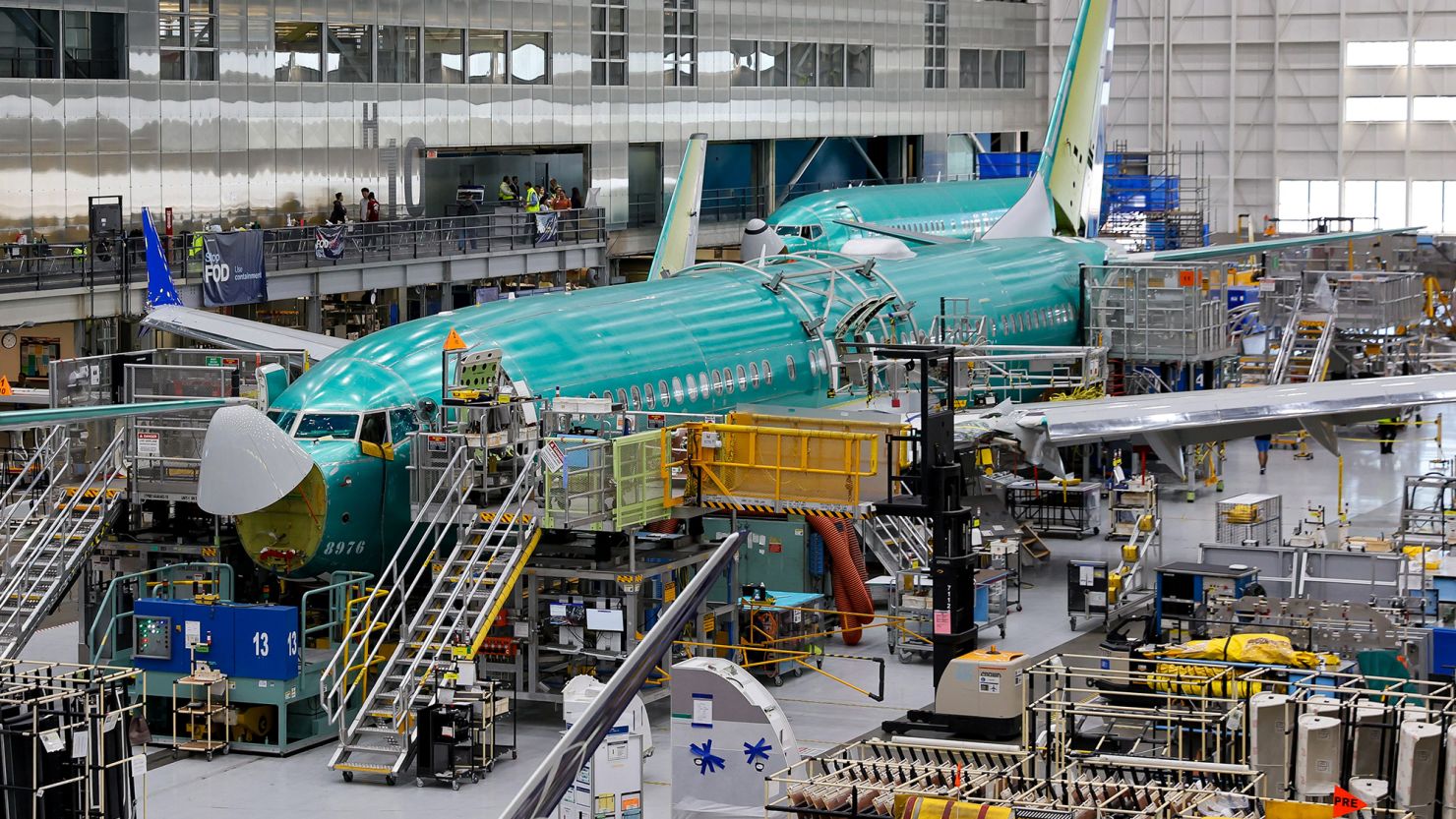
Boeing Stock Declines After China Stops Jet Deliveries Due to Increasing Trade War
Boeing’s stock drops as trade tensions between the two biggest economies in the world worsen due to China stopping jet delivery.
Following rumors that China has ordered its airlines to halt all new aircraft sales from the US-based aerospace giant, Boeing’s stock plummeted Tuesday. This marked a significant escalation in the ongoing trade battle between Beijing and Washington.
The company, which is already suffering from years of operational and reputational issues, took a further hit when Chinese authorities ordered domestic airlines to cease accepting Boeing aircraft, according to a Bloomberg article. Despite the lack of formal confirmation from China, Boeing, or the White House, Boeing’s stock fell 1% by lunchtime after the news.
However, in a social media post, former US President Donald Trump acknowledged the development and said China had “reneged on the big Boeing deal” and would no longer take possession of planes that had been previously committed to.
The action has wide-ranging economic effects. Boeing, the biggest exporter in America, supports over 1.6 million people directly and indirectly and contributes an estimated $79 billion a year to the US economy. Almost 150,000 people are employed by the corporation in the US. International access is essential to Boeing’s survival because over two-thirds of its airplanes are sold to clients outside the nation.
Since 2018, when it last made a profit, Boeing has incurred $51 billion in operating losses, indicating a difficult period in recent years. Even before the recent trade disputes, the company had already noticed a decline in sales in China. According to Boeing’s own estimates, China, which is currently the world’s largest aircraft market, is anticipated to buy over 8,830 new aircraft over the next 20 years.
But Boeing no longer has as much of a presence in China. Chinese airlines placed orders for 122 aircraft between 2017 and 2018. Only 28 orders, mostly for cargo aircraft or from leasing businesses, have been placed with Boeing in the six years since. Interestingly, no Chinese airline has confirmed any orders for passenger jets during this time.
Boeing’s problems are not limited to trade issues. Two deadly disasters in 2018 and 2019 precipitated the 737 Max crisis, which resulted in the aircraft being grounded globally and seriously harming the company’s reputation. China was one of the latest nations to recertify the 737 Max for passenger usage, which contributed to the halt in shipments even though supplies to the country started to increase last year.
The situation has become much more complex due to tariffs. Beijing has retaliated with tariffs of 125% on American goods, including Boeing airplanes, which cost tens of millions of dollars each, while the US has placed taxes of up to 145% on Chinese imports. Even in the absence of an official delivery suspension, such high taxes make the aircraft unaffordable.
Boeing’s cash flow is particularly negatively impacted by the delivery halt. The business builds airplanes and gets paid primarily when they are delivered. If the 55 aircraft in stock, many of which are designated for customers in China and India, cannot be turned over soon, Boeing will be under increasing financial pressure.
The incident serves as a sobering reminder of how business vulnerabilities and geopolitical tensions can clash, with far-reaching effects on global supply networks, the economy as a whole, and one of America’s biggest manufacturers.
All Categories
Recent Posts
Tags
+13162306000
zoneyetu@yahoo.com



